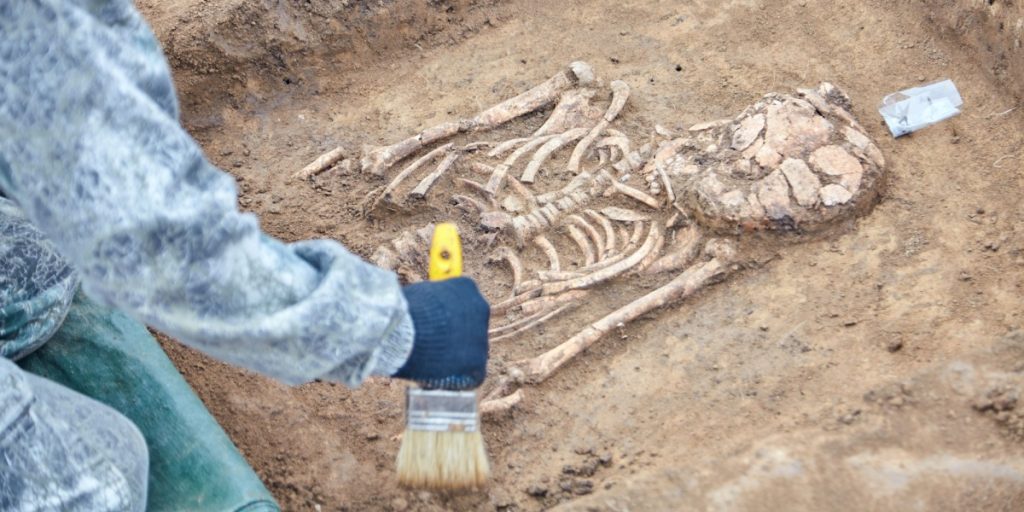Amateur archaeologists have discovered a number of historical sites in England.
Others are reading now
Amateur archaeologists have uncovered a treasure trove of historical sites in England, ranging from Bronze Age burial mounds to Roman roads and medieval villages.
This remarkable discovery was made possible by DigVentures, an organization that enables people across the UK to participate in archaeological projects.
A Thrilling Discovery
“I’m really excited by the scale of the finds,” Brendon Wilkins, founder and co-director of DigVentures, told the Guardian.
The project saw over 1,000 volunteers, including truck drivers and doctors, scouring the countryside for historical artifacts. Their efforts paid off, with nearly 13,000 previously unknown ancient sites and monuments discovered.
Also read
Participants employed modern techniques like high-resolution satellite imagery and lidar (light detection and ranging) technology to search for ancient features across three regions, covering an area of approximately 512 square kilometers.
The discoveries include possible Bronze Age burial mounds, Roman roads, and medieval villages, highlighting the rich tapestry of England’s historical landscape.
“All this was achieved in just three months and with the participation of local, national, and international citizens, many of whom had never done archaeology before,” stated Maiya Pina-Dacier, the project’s lead archaeologist.
The project has broader implications beyond archaeology.
The mapping of these sites can inform better planning for reforestation projects needed to combat climate change, ensuring that historical sites are preserved.
“To meet its net zero targets, the UK needs to reforest at least 700 square kilometers of land every year,” Wilkins explained. “Programs like this can directly support these efforts.”
Preserving History
The project aims to identify and document previously unknown sites before they are lost to the effects of climate change.
Coastal areas, particularly around Purbeck and Studland, are rich with ancient sites but are increasingly threatened by rising sea levels and rapid coastal erosion.
According to the report, archaeologist Martin Papworth warned that the coastal areas could disappear in “just 30 years.”


